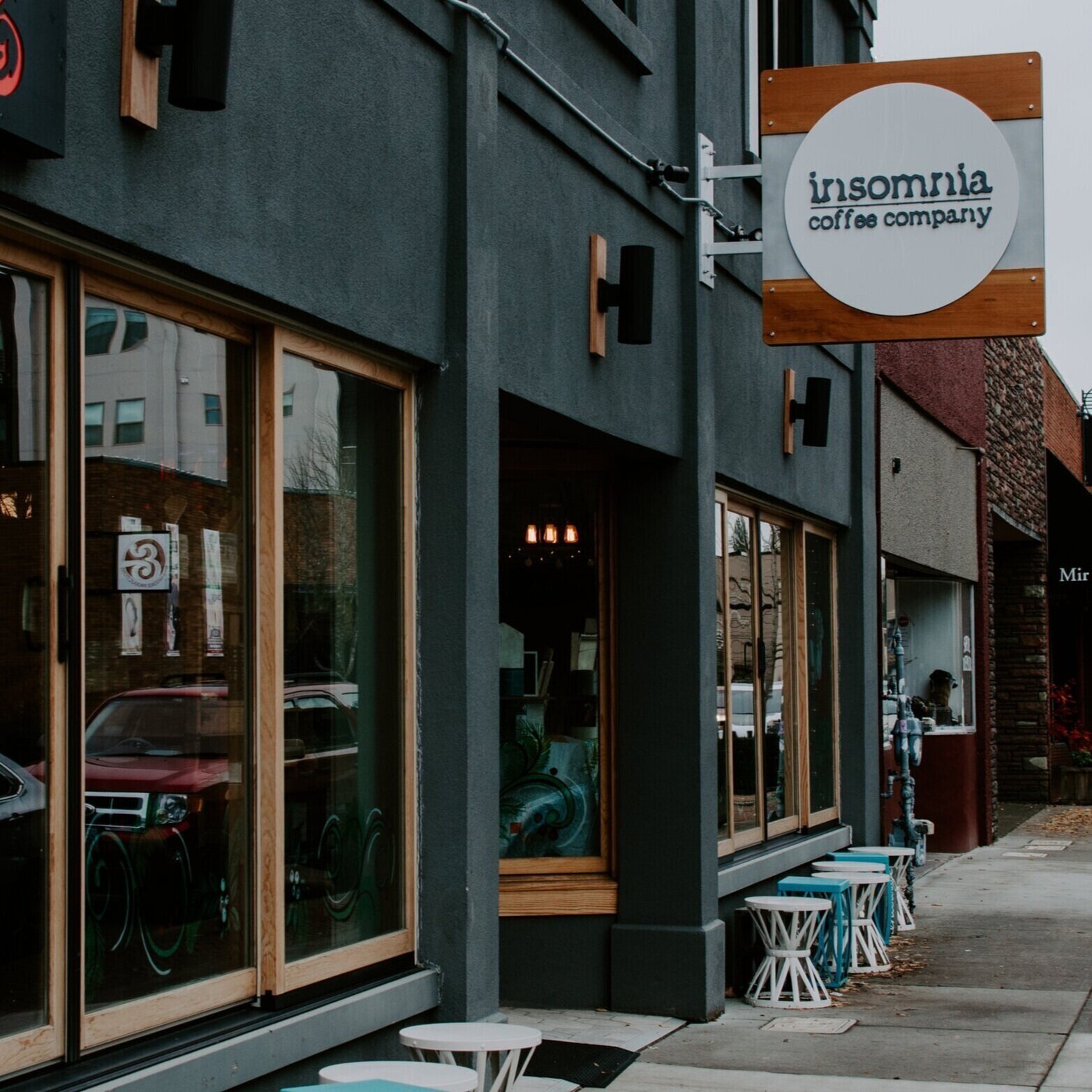

Additionally, findings from laboratory-based studies may not be valid at the community level, where other covariates may play a role in this relationship. In summary, the relationship of daily caffeine use and sleep duration and insomnia symptoms is unclear, especially when both insomnia symptoms and sleep duration are considered simultaneously. These positive findings contrast with that of another epidemiologic study that showed no association between sleep duration and caffeine use in middle-aged women. In another study, consumers of 5 cups/d of coffee had significantly reduced total sleep duration along with fragmented sleep. In a study of military personnel, consumption of ≥3 caffeinated beverages was associated with a sleep duration of ≤3 h a night.
Insomnia coffee drivers#
Other studies have linked caffeine consumption to short sleep duration and insomnia symptoms in specific populations, such as deployed military personnel, middle-aged professional drivers (ages 49–64 y), and college students. In college students, a mean caffeine consumption of 3 to 5 cups of coffee/d was associated with habitual sleep duration of ≥6 h a night. Short sleep duration has been defined as a total sleep time of <6 h per night and has been associated with a wide range of medical and psychiatric comorbidities. In addition to the generation or aggravation of sleep continuity problems, consumption of coffee and other caffeinated drinks has been associated with insufficient duration of sleep or short sleep duration. These sleep-related problems may be amplified in individuals with insomnia.

Polysomnographic sleep abnormalities seen after caffeine consumption have included increased sleep latency, decreased stages 2 and 4 of non-rapid eye movement sleep, sleep fragmentation with brief arousals from sleep, and decreased sleep duration. Other subjective insomnia symptoms demonstrated after caffeine consumption in healthy individuals have included decreased total sleep time, difficulty falling asleep, increased nocturnal awakenings, and daytime sleepiness. Nocturnal use of caffeine may lead to increased worrying at night and sleeplessness. These sleep disruptive effects may be broadly classified as insomnia symptoms and abnormalities of sleep disruption. ĭespite its benefical effects on sleep deprivation, caffeine may have adverse sleep-related consequences on subsequent nights. Caffeine has been shown to improve performance after sleep deprivation of ≥21 h.

Caffeinated chewing gum at a dose of 100 mg showed an improvement in neurobehavioral functioning after subacute sleep deprivation when compared with placebo. Caffeine’s use has been associated with an improvement in performance in healthy individuals even at a low dose of 32 mg. It is commonly used to ameliorate behavioral and cognitive performance deficits secondary to sleep deprivation. Caffeine is one of the most frequently used psychoactive stimulant drugs.


 0 kommentar(er)
0 kommentar(er)
